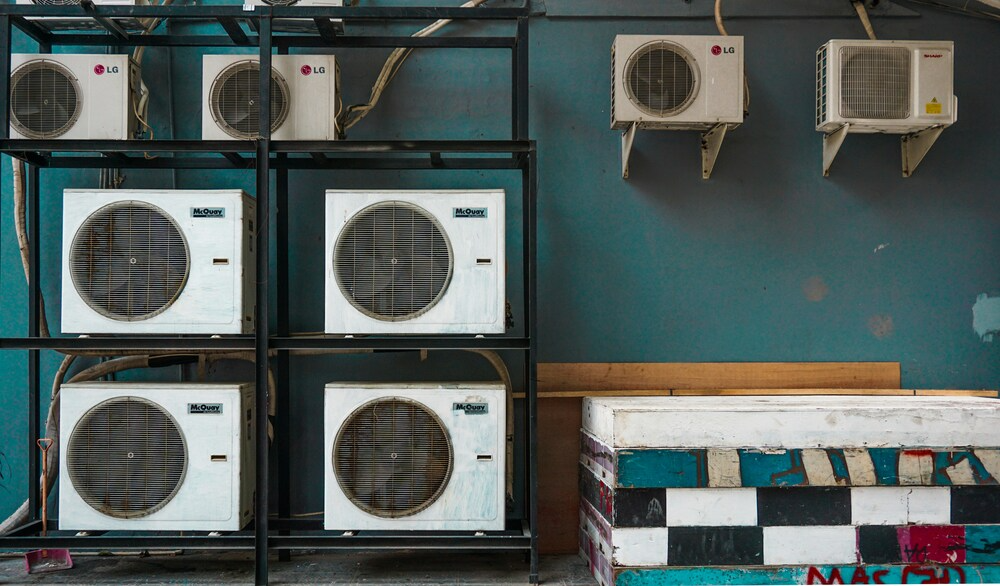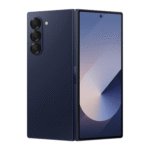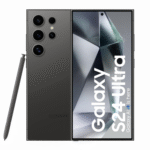When shopping for an air conditioner, you’ll encounter terms like *1-ton*, *1.5-ton*, or *2-ton* AC. But what does “ton in air conditioning” actually mean? Contrary to popular belief, it doesn’t refer to the unit’s weight but rather its cooling capacity. This guide explains everything about AC tonnage, how to calculate what you need, and why choosing the right size matters for efficiency and comfort.
What Does “Ton” Mean in Air Conditioning Systems?
In HVAC terms, a ton measures an AC’s cooling power, not its physical weight. Specifically:
- 1 ton = 12,000 BTU/hour (British Thermal Units)
- This measurement dates back to how much heat was needed to melt 1 ton of ice in 24 hours
Why AC Tonnage Matters for Your Home
Choosing the wrong tonnage leads to:
✔️ Undersized ACs – Struggle to cool, running constantly
✔️ Oversized ACs – Cool too fast, causing humidity issues
✔️ Higher energy bills – From inefficient operation
(For more on efficiency, see our guide on how to choose an energy-efficient AC.)
Why Cooling Capacity Matters
Choosing the right tonnage is crucial because:
- An undersized AC will struggle to cool the room, leading to excessive energy consumption and wear.
- An oversized AC will cool the room too quickly, causing frequent on-off cycles (short cycling), which reduces efficiency and increases humidity.
How to Calculate the Right AC Tonnage for Your Room
The ideal AC capacity depends on several factors, including:
- Room size (square footage)
- Ceiling height
- Insulation quality
- Number of windows
- Sunlight exposure
- Number of occupants
3 Key Factors Affecting Your AC Tonnage Needs
1. Room Dimensions and Layout
- Larger rooms need higher tonnage
- Open floor plans may require more cooling power
2. Climate and Sun Exposure
- South-facing rooms need 10-15% more capacity
- Hotter climates require higher tonnage
3. Insulation and Occupancy
- Poor insulation increases cooling load
- More occupants = higher tonnage needed
(Learn more about home cooling efficiency tips in our detailed guide.)
Common AC Tonnage Mistakes to Avoid
❌ Assuming bigger is better (oversized ACs cause humidity problems)
❌ Ignoring insulation quality (affects actual cooling needs)
❌ Mixing up tons and BTUs (they’re related but different)
General AC Tonnage Guidelines
| Room Size (Sq. Ft.) | Recommended AC Tonnage | BTU/Hour |
|---|---|---|
| Up to 120 sq. ft. | 0.75 Ton | 9,000 BTU |
| 120 – 180 sq. ft. | 1 Ton | 12,000 BTU |
| 180 – 250 sq. ft. | 1.5 Ton | 18,000 BTU |
| 250 – 350 sq. ft. | 2 Ton | 24,000 BTU |
| Above 350 sq. ft. | 2.5 Ton or higher | 30,000+ BTU |
Additional Factors Affecting Cooling Load
- Insulation – Poor insulation increases cooling load.
- Windows & Sunlight – South-facing rooms with large windows need more cooling.
- Occupancy & Appliances – More people and heat-generating devices (like computers) require higher capacity.
- Climate – Hotter regions need higher tonnage.
Difference Between Tonnage in ACs and Other Appliances
Many people confuse AC tonnage with weight or other measurements. Here’s a comparison:
| Feature | AC Tonnage (Cooling Capacity) | Weight (Physical Mass) | Other Appliances (e.g., Refrigerators) |
|---|---|---|---|
| Measurement | 1 Ton = 12,000 BTU/hr | Measured in kg or lbs | Cooling capacity in BTU or liters |
| Purpose | Indicates cooling power | Physical heaviness of unit | Cooling efficiency |
| Relevance | Determines room cooling ability | Affects installation ease | Energy consumption & storage capacity |
Common Misconceptions About AC Tonnage
Myth 1: “Higher Tonnage Means Better Cooling”
- Reality: An oversized AC cools too fast but doesn’t remove humidity efficiently, leading to a clammy feel.
Myth 2: “A 1-Ton AC Weighs 1 Ton”
- Reality: The term refers to cooling capacity, not weight. A 1-ton AC typically weighs between 50-80 kg.
Myth 3: “All AC Brands Have the Same Tonnage Efficiency”
- Reality: Different brands have varying energy efficiency ratios (EER). A 5-star rated 1.5-ton AC may perform better than a 3-star 2-ton AC.
How to Choose the Best AC for Your Needs
1. Measure Your Room Size
- Use the tonnage chart above to match your room’s square footage.
2. Check Energy Efficiency (ISEER Rating)
- Higher ISEER ratings (e.g., 5-star) mean lower electricity bills.
3. Consider Inverter vs. Non-Inverter ACs
- Inverter ACs adjust compressor speed for consistent cooling and energy savings.
- Non-Inverter ACs turn on/off frequently, consuming more power.
4. Look for Additional Features
- Smart controls (Wi-Fi, voice control)
- Air purification filters (PM 2.5, anti-bacterial)
- Dehumidification mode (useful in humid climates)
FAQs About AC Tonnage
Q1. Can I use a 1.5-ton AC for a small room?
- Answer: Not recommended, as it will short-cycle, reducing efficiency and increasing wear.
Q2. Does higher tonnage mean higher electricity bills?
- Answer: Yes, but only if oversized. A correctly sized AC optimizes energy use.
Q3. How do I convert ton to BTU?
- Answer: 1 ton = 12,000 BTU/hr.
Q4. What happens if my AC is undersized?
- Answer: It will run continuously, increasing power consumption and failing to cool properly.
Conclusion
Understanding what “ton” means in air conditioning helps you choose the right AC for optimal cooling and energy efficiency. Always match the tonnage to your room size, consider insulation, and check energy ratings before purchasing.
Sources & References
By selecting the correct tonnage, you ensure better comfort, lower electricity bills, and longer AC lifespan. Always consult an HVAC expert if unsure about your cooling needs.


